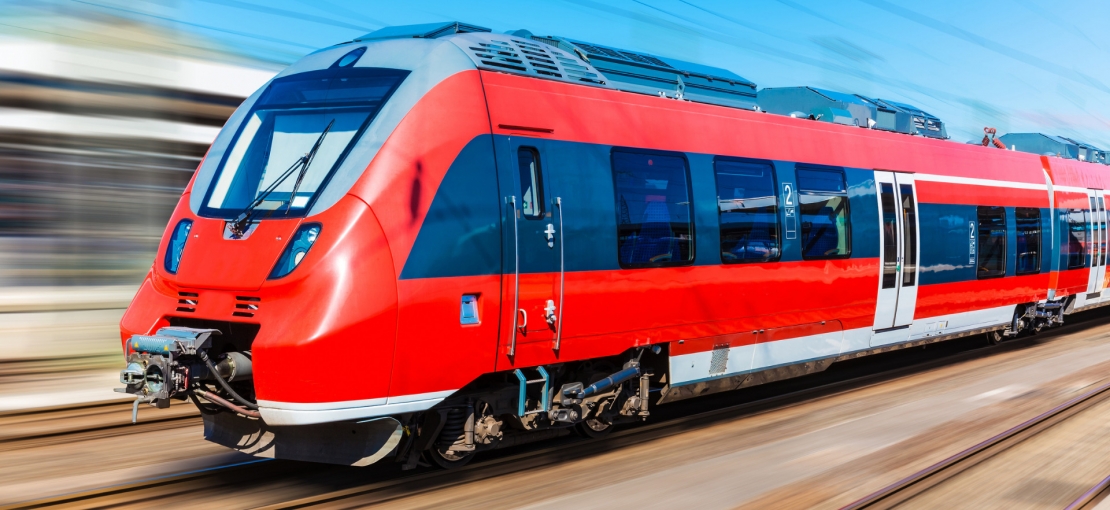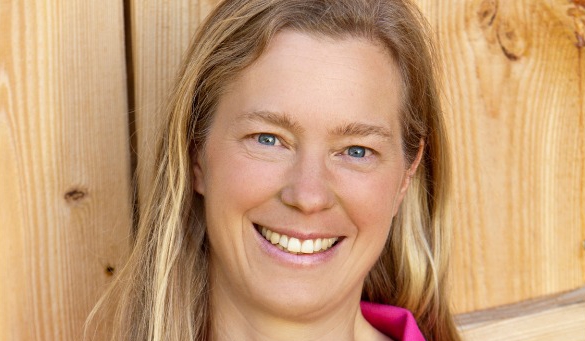
One third of all emissions come from business travel
Climate neutral mobility
Business travel, accounting for nearly one-third of all climate harmful emissions at VAUDE, is our largest source of emissions. It’s no surprise: in Germany a quarter of all energy consumption is accounted for by the mobility sector.
We record all emissions from business travel in our annual climate balance and offset them with a climate protection project of the non-profit organization myclimate. Read more here
Travel policy for business travel
At VAUDE, business trips to our production countries in Asia are responsible for a significant part of our emissions, but they also come from our company fleet, rail travel and hotel accommodation.
The VAUDE travel policy is a voluntary commitment of the company for all VAUDE employees. As a general rule, reducing travel not only reduces emissions, but also saves on costs and time. With the help of web conferencing and video conferencing, some travel can be eliminated these days.
We have set ourselves the goal of reducing emissions from passenger transport (business travel and commuting) by 10% by 2020 (base year 2015). We are, unfortunately, still a stretch away from this goal. In 2016, emissions from business travel rose by 4% compared to 2015.
With the growth of the company – more employees, more products, more production, more customers, etc. – reducing business travel is truly difficult. Furthermore, the scarce public transport between most VAUDE employee homes and our (otherwise beautiful) rural location within Germany means that finding the right mix of ecology, time expenditure and costs for business travel remains a special challenge.
Rail travel rather than air travel
As a general rule, we prefer rail travel to air travel at VAUDE – especially within Germany and on many European routes. We have defined a “pain threshold” to which we find rail travel reasonable – although the cost is often higher and we have to endure bad connection or delays.
Rail travel is our first choice for distances up to 600 km (second choice: carpooling). For stretches over 600 km and an increase in time of at least 30%, flying is allowed.
Theoretically, this is a reasonable requirement. In practice, however, we still very often have to make compromises: from Obereisenbach to a conference in Berlin by train, for example, means either an additional night in a hotel or a stretch by air travel.
The challenges of switching to low-emission vehicles
Since 2011, we have been converting the entire VAUDE vehicle fleet to low-emission vehicles. At least that’s what we thought. The emissions scandal – the deviation between actual emissions and test stand emissions – also made it clear to us that conventional motor technologies are not meeting our requirements for low-emission vehicles. We couldn’t reduce our fuel consumption per 100 km – more at "Fuel Consumption in Comparison".
We are currently looking for alternatives and testing the suitability of electric vehicles for our vehicle fleet. We have not found a satisfactory solution yet.
Rethinking and flexibility required

»Environmentally friendly mobility challenges us all: each one of us individually, the company, the automobile industry and the political system.«
Hotel accommodation as another source of CO2 emissions
Create your own infographics| GRI: | G4-EN4 |






